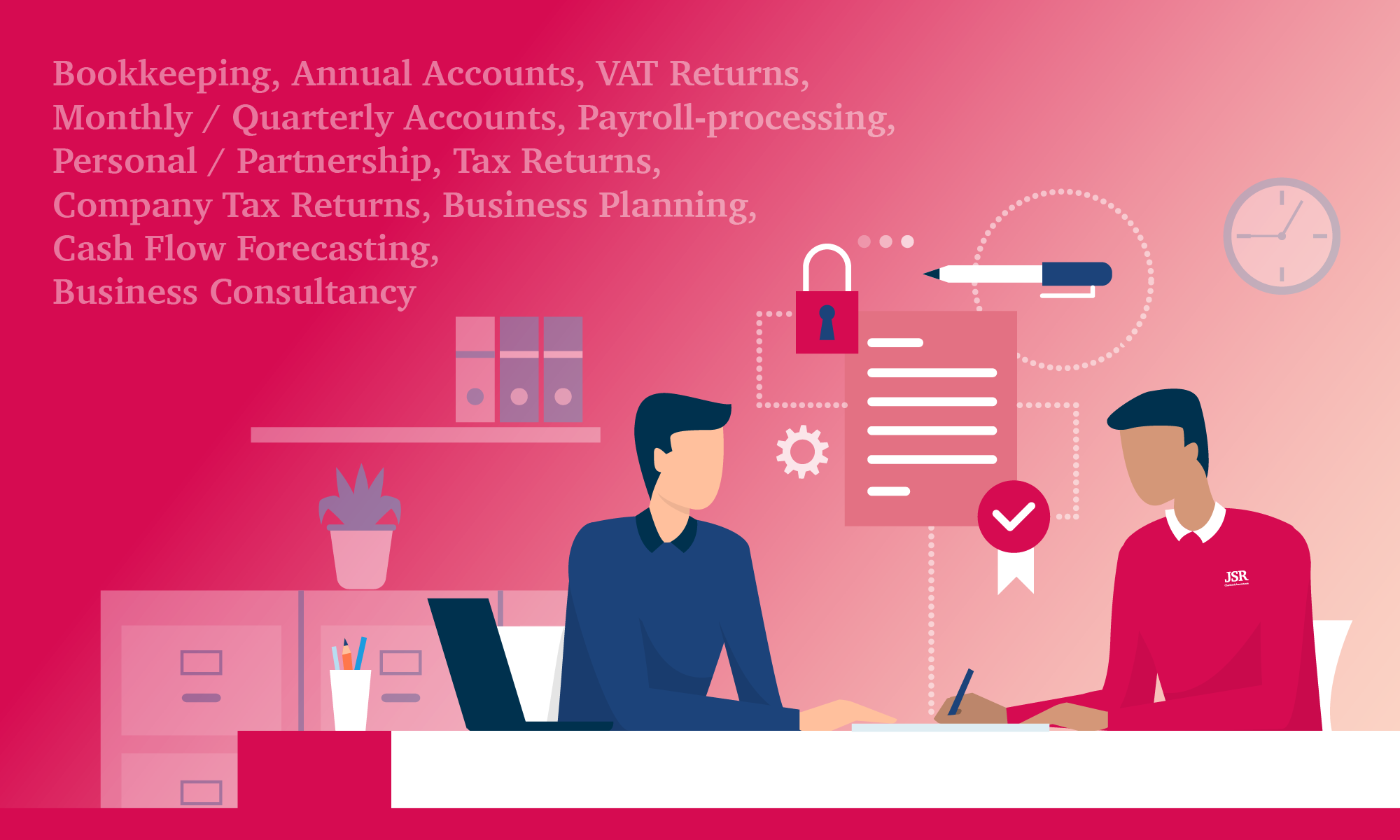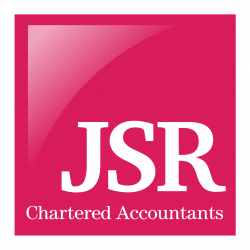The idea of working from home always sounds very idyllic especially to those who have never done it, however some businesses actually struggle to separate work from home life. In many cases, they actually work longer hours and enjoy less quality time with their families.It simply doesn’t work for some businesses, either. Nothing says unprofessional quite like a sink full of plates or the sounds of arguing children. The question is Can you really hold successful client meetings when your office is also your home?
Not to completely shatter the illusion, the home can be a great place to start a business and many of the UK’s finest companies started on the kitchen table. Start-up businesses, no matter where they originate, are not great for escaping stress and freeing up your time.
When the line between home and work gets blurred (which at times it inevitably will), things can get a little complicated. We all know that there are several situations that make working from home more difficult than we originally thought it was going to be. It actually requires a lot of discipline to make sure you’re staying at the top of your game when you’re not in an office environment.
Can you work from home?
If you can work well on your own without the necessity of others to hold you accountable or without that professional interaction you get from working with others then you are probably a good candidate for working at home. However, if you already have problems ‘switching off’ when you come home from work then you could have a problem.
How to put this into practice
To work from home you will most certainly need to be self-motivated and not require others present to ‘push you on’.
You know yourself best — do the hard self-evaluation before you commit to the idea of an office at home.
Make sure you set up a separate workspace. If possible set aside an office space. Locating a corner in the kitchen or living room is not ideal it will not give you the separation that you need and can walk away from and will not make it easy to ‘go home’ at the end of the day. Naturally you need to make sure you have good lighting, ventilation etc.
Be sure to ‘Organise’ Your day
Get up as normal and do all the things you would normally do if you were heading out to work. Go to your office and end your day exactly how you would normally have. Create a proper structure and stick to it
Separating work and personal life
We touched on this in a previous article. Try not to get distracted by your personal to do list or grocery lists etc, try and ignore the personal element during your working day (as far as is possible).
On the other hand do not over work yourself, try not to talk about work when work is over or outside the ‘work room’ and try not to let your hours creep. Although we all do this just make sure there are clear boundaries.
Successfully working from home with kids can be difficult but it is not impossible. Set clear boundaries, let the kids know that the work room is not a room for the kids, help them to understand this and suggest they knock the door etc if they need in and explain to them that this is incase you are on the phone. Keep it clear of toys and other personal items.
It can be easy to feel isolated without the interaction with people during the day, stay in touch with people, clients, friends, colleagues. Where necessary meet clients, over lunch for example to help maintain that adult interaction.
In Conclusion
A few points in conclusion.
Stay productive – its harder to charge by the hour when you work from home, consider charging for the end result.
Stay driven – but do not become a hermit or loose sight of who you are in the process.
Stay alert – don’t miss the opportunity to grow your business – just because you are based at home does not leave your service or product any lesser than any other.
Stay competitive – but do not undersell yourself just because you work from home.

